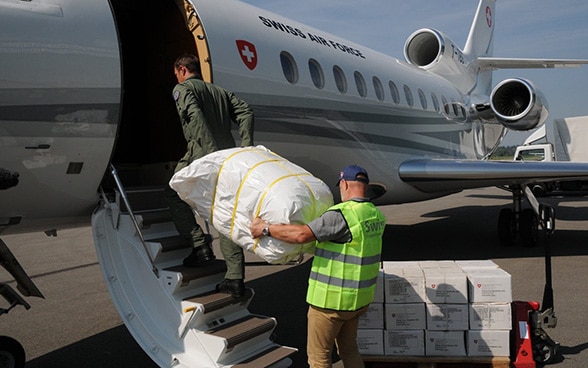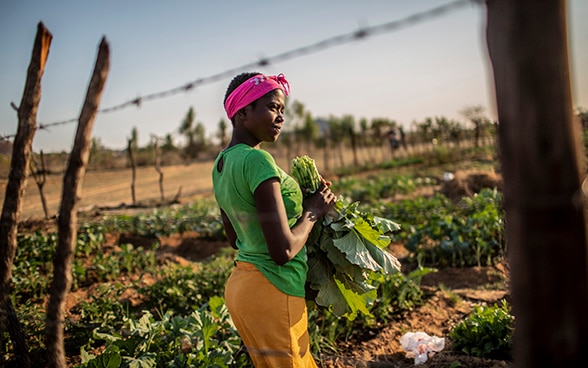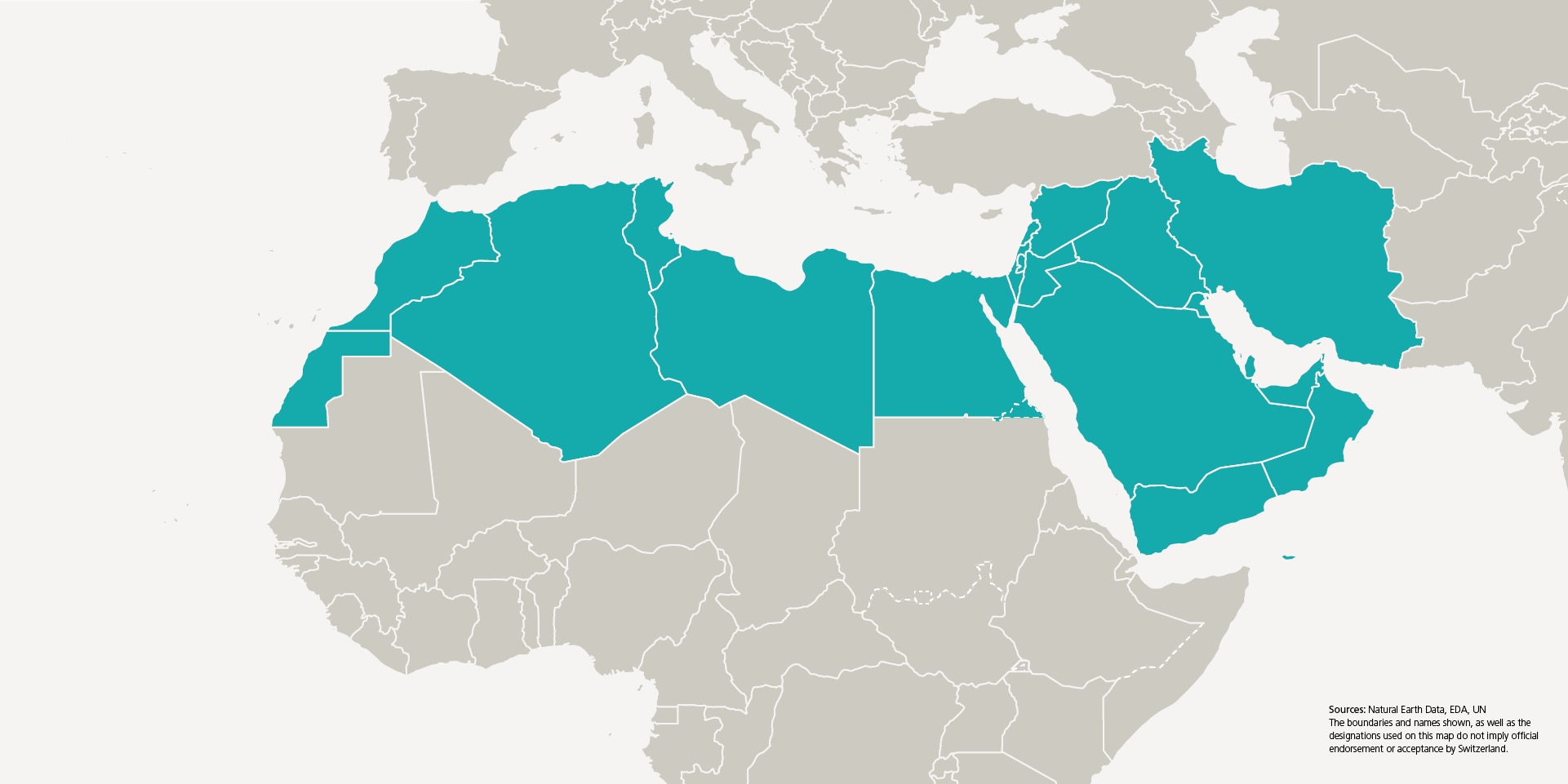Peace, security and human rights

Switzerland is engaged in Sub-Saharan Africa with its good offices such as dialogue promotion and mediation, as well as with civilian and military peacebuilding. This encompasses the prevention of armed conflicts and violent extremism, dealing with the past and the fight against impunity. Switzerland also works to ensure respect for human rights and compliance with international humanitarian law and is actively engaged in the UN Human Rights Council. As part of the implementation of the UN’s "Women, Peace and Security" agenda, Switzerland promotes the equal participation of women and young people in peace and reconstruction processes and fights against sexual violence. Democratisation and the rule of law are additional crucial activities undertaken by Switzerland. Switzerland supports state and civil society initiatives, strengthens judicial cooperation between Switzerland and the African states, helps to reinforce local justice systems and criminal prosecution authorities in the fight against criminality and assists the International Criminal Court in regards to crimes under international law.





.jpg)

